Some memories can only be appreciated by those who lived through them, and for older generations, experiences that were once part of everyday life now feel like relics of a simpler time. If you’re ready for a stroll down nostalgia lane, here are the best of the best when it comes to treasured experiences.
Watching TV as a Family on a Single Screen

There was something special about the days when families gathered around a single television set to watch their favourite shows together, whether it was laughing along to “Only Fools and Horses” or watching the Eurovision Song Contest. Everyone was invested in what was on, and arguments over who controlled the remote (if your TV even had one) were all part of the charm.
Listening to the Top 40 on Sunday Nights

Every Sunday evening, radios across the country tuned in to the Top 40 countdown. Fans would grab blank cassettes and sit by their tape decks, waiting for their favourite songs to play so they could record them, and timing was everything—you had to hit ‘record’ the moment the song started, praying the DJ wouldn’t talk over the intro or outro.
Sending Letters by Post
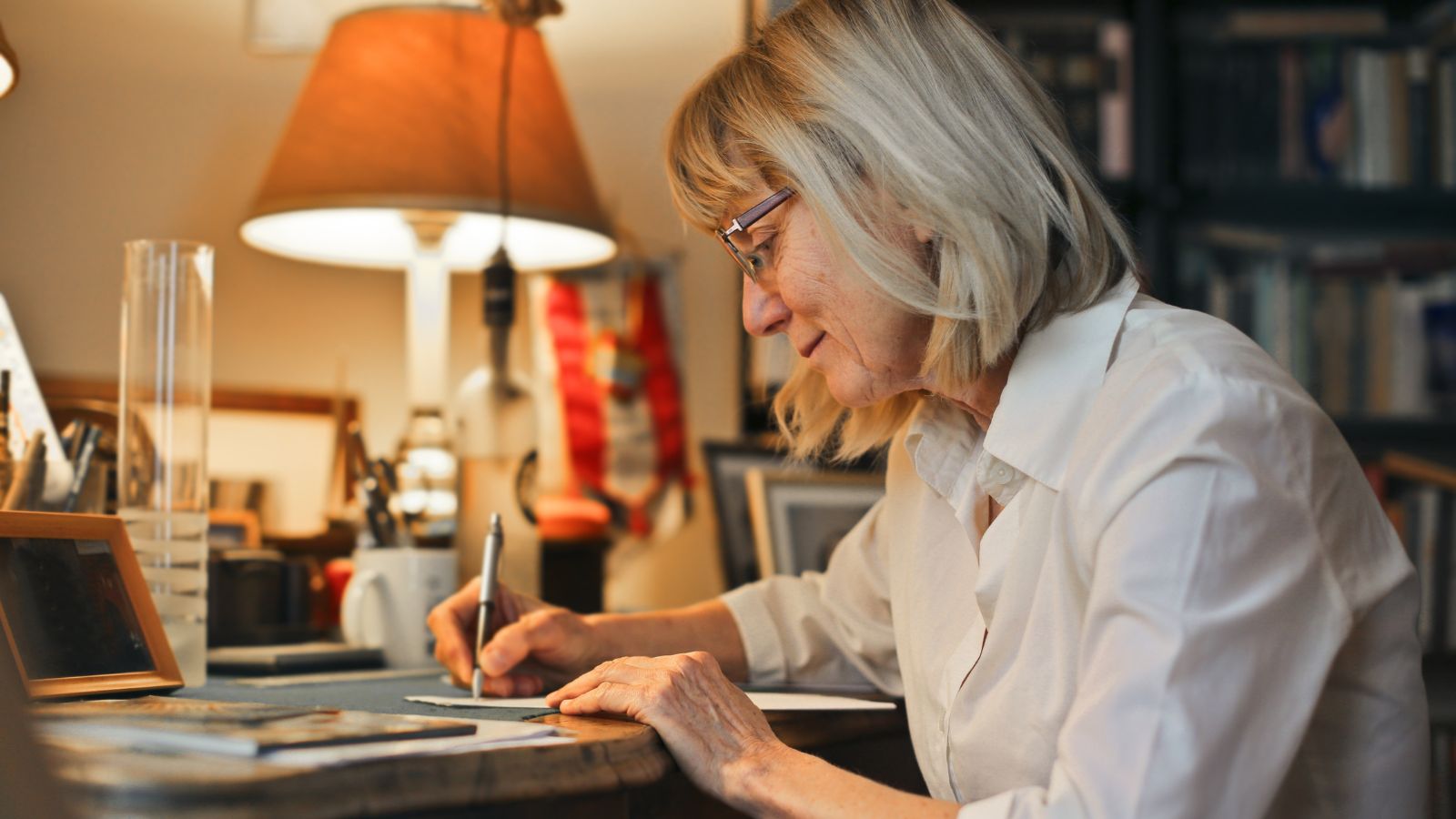
Long before emails and instant messages, people took the time to put pen to paper, crafting thoughtful letters filled with news, stories, and personal touches. The act of writing a letter required effort—choosing the right paper, carefully wording your thoughts, and sealing it up with a sense of purpose.
Waiting for Film Photos to Be Developed
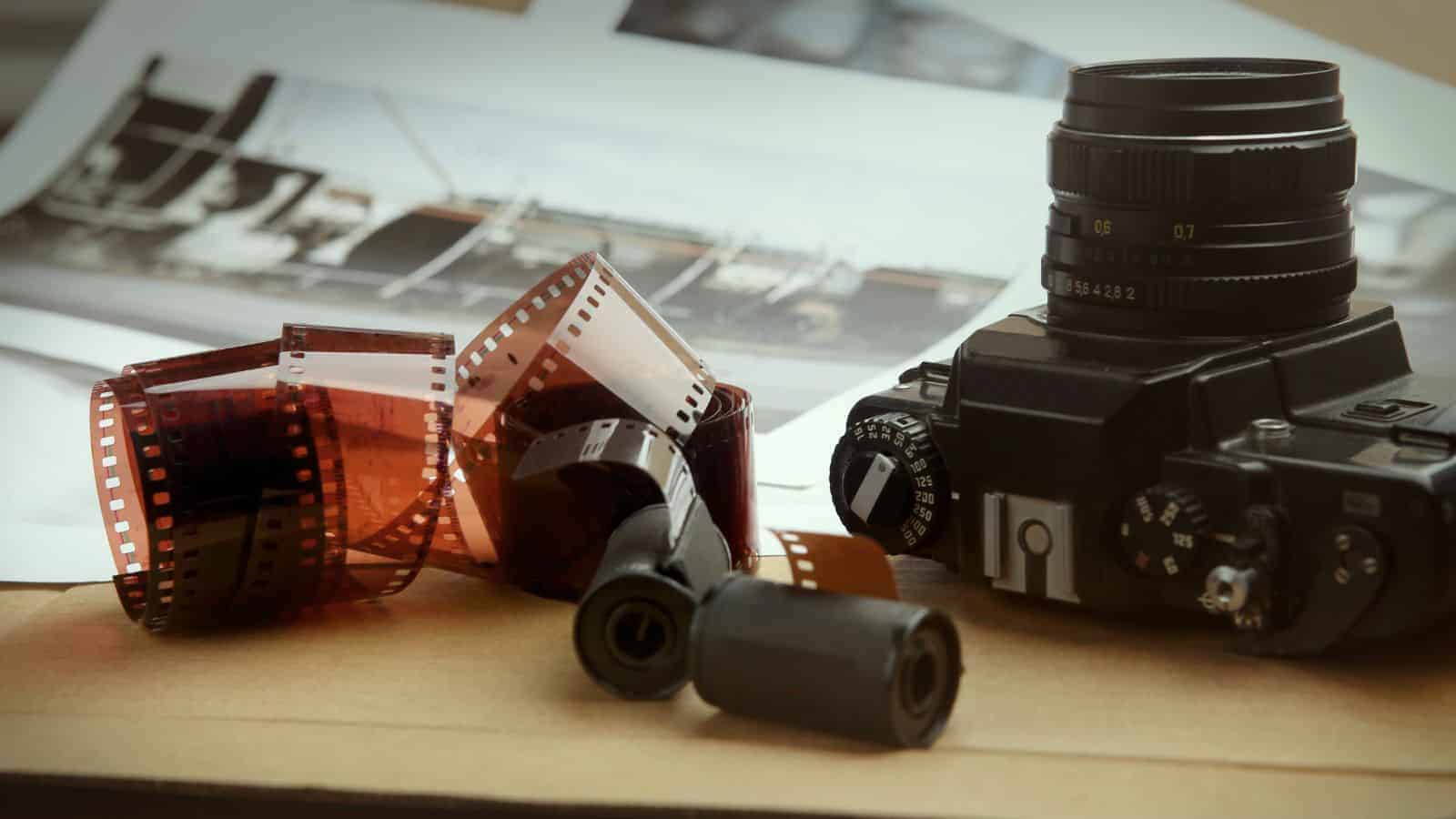
Back then, capturing moments on film was a careful process, because each shot had to count. You only had a limited number of exposures on your roll, and after taking pictures, you’d drop the film off at the chemist or photography shop and then wait, sometimes days, to get them developed.
Using a Landline Phone with a Rotary Dial
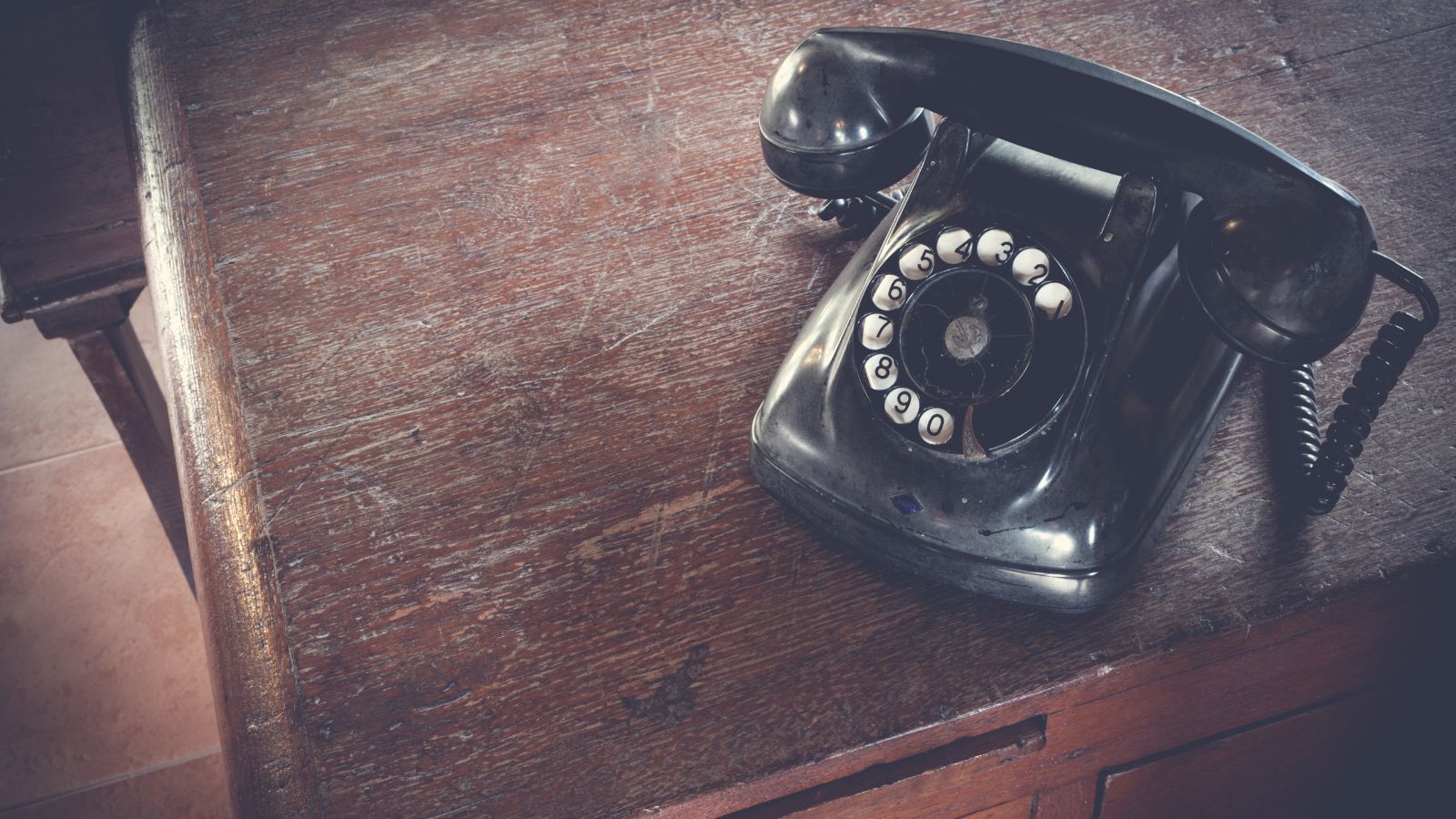
Rotary phones were more than just a way to communicate—they were an exercise in patience, due to the fact that dialling a number meant carefully turning the wheel for each digit and waiting for it to spin back before moving on to the next. If you made a mistake, you had to start all over again, while phones were typically fixed to one spot in the house.
Watching Ceefax for News and Games
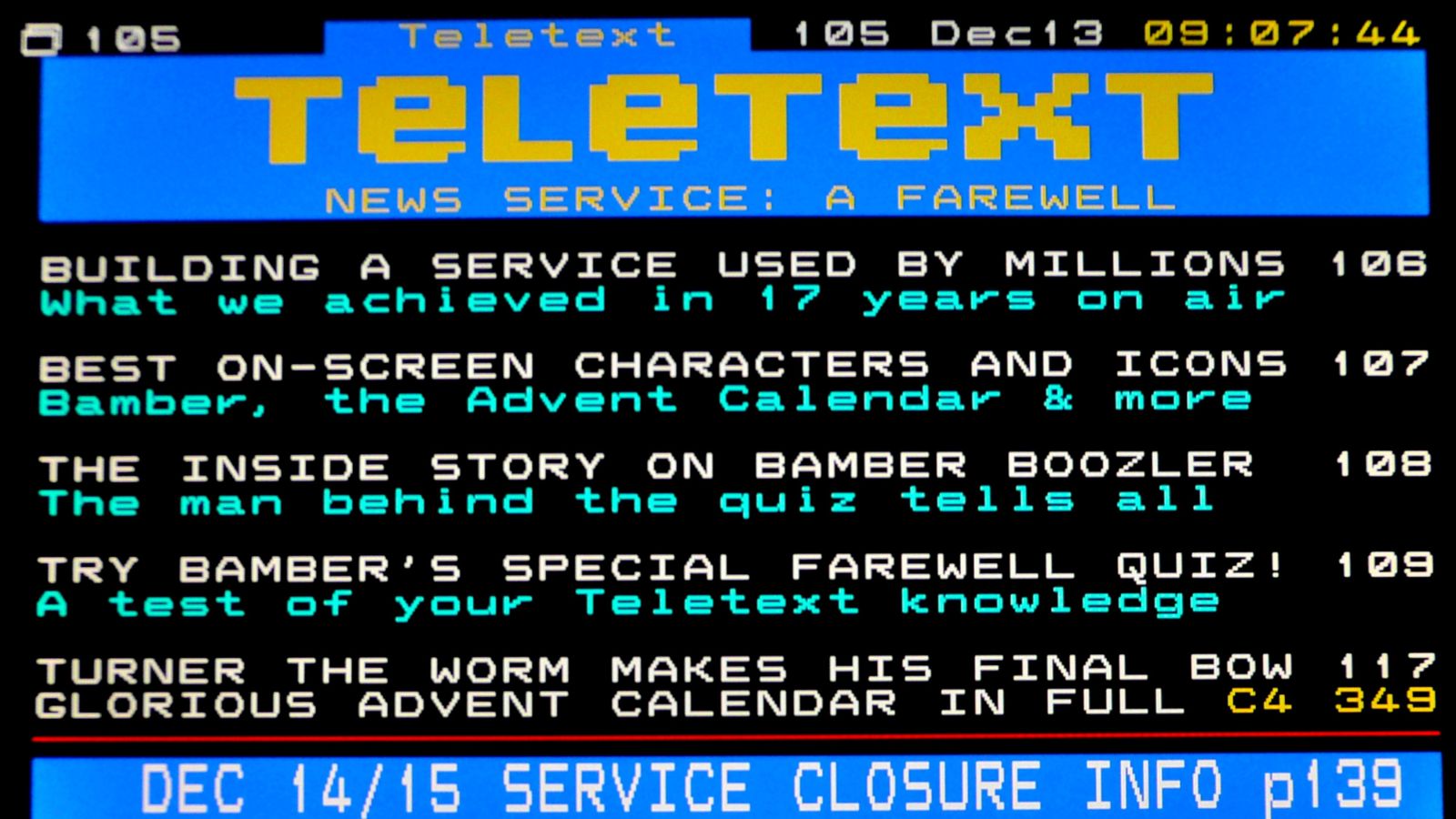
Whether you wanted to check the news, the weather, or the football scores, Ceefax had you covered—though it required a bit of patience. You’d punch in the right number on your remote and wait as the pages slowly scrolled through the information, and needless to say, it wasn’t fast, and it definitely wasn’t pretty, but it was a lifeline.
Playing Outside Without Supervision
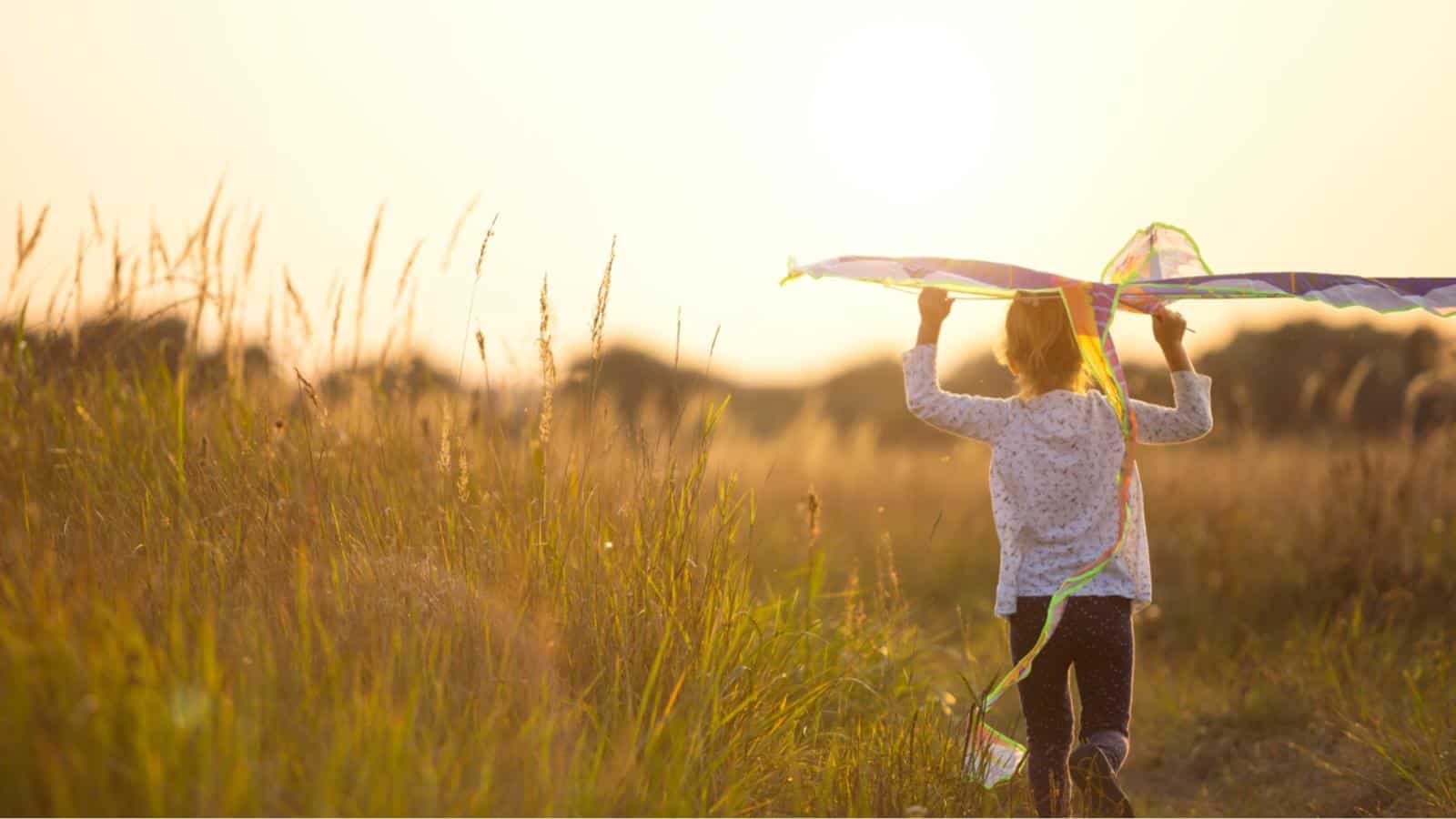
For older generations, childhood was spent outdoors, often with minimal supervision, meaning a sense of freedom that kids today rarely experience. You would be riding bikes down quiet streets or building dens in the woods, and playtime was spontaneous and unscheduled, with parents trusting that as long as you were home by the time the streetlights came on, everything was fine.
The Excitement of Catalogue Shopping

Ordering from a catalogue meant filling out a form, sending it off, and waiting for the delivery to arrive, and the anticipation of a parcel showing up was almost as exciting as the item itself. Catalogues like Argos or Littlewoods meant that flipping through the glossy pages was a pastime in itself, especially when it came to Christmas.
Saving Pennies in a Tin or Piggy Bank

When you were saving money, it used to be a physical experience, as pocket money or loose change would be dropped into a piggy bank or a tin, and the satisfying weight of it growing heavier over time was a tangible reward. Breaking open a piggy bank was a moment of pride and accomplishment.
Queuing for Concert Tickets in Person

Do you remember when you couldn’t just log onto a website to get tickets to see your favourite band? You had to physically go to the ticket office, sometimes queuing for hours, often in the cold, with other eager fans, and this meant that the camaraderie among strangers waiting in line made the experience almost as memorable as the concert itself.
Making Mix CDs for Friends
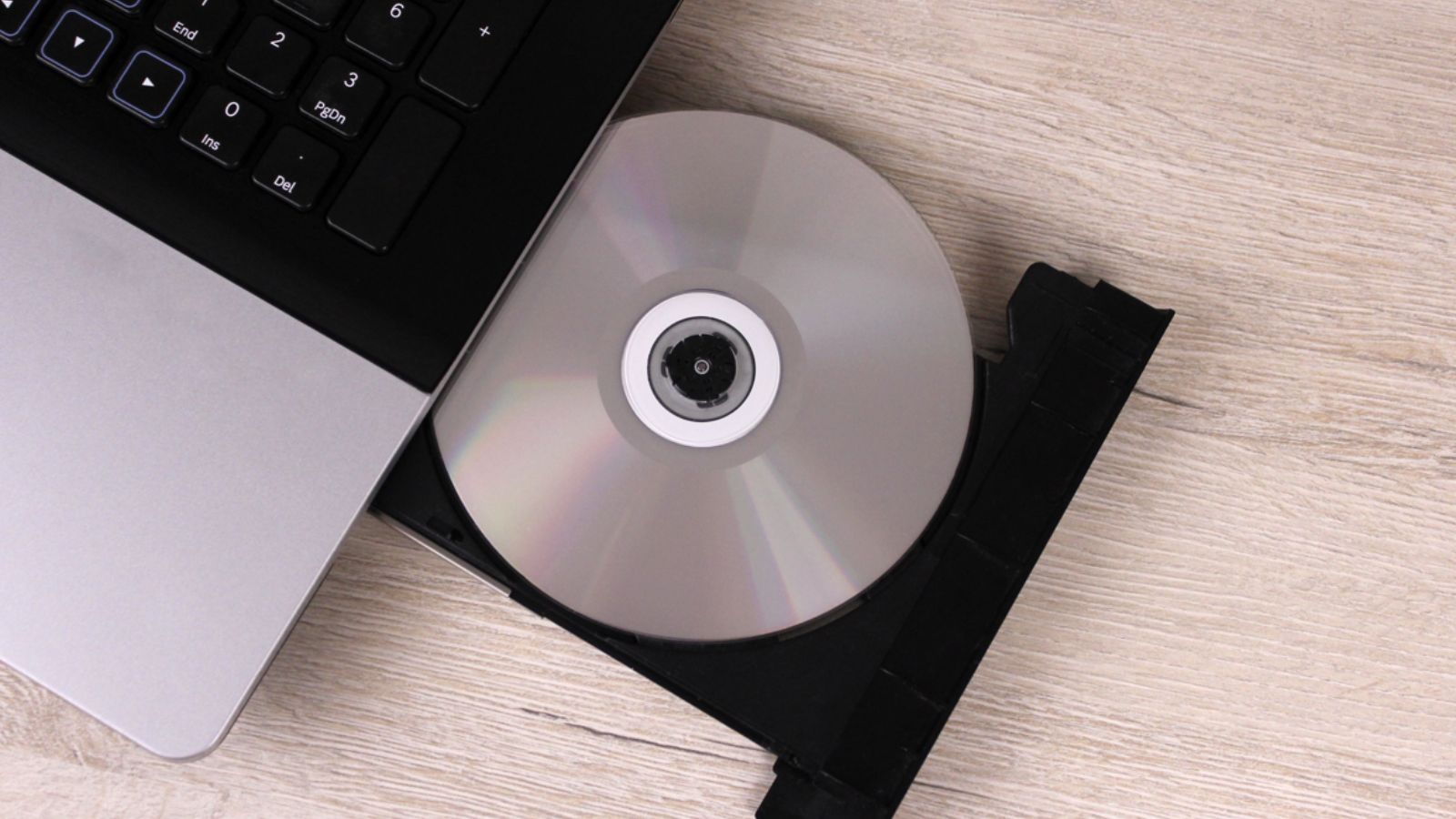
Before playlists could be shared with a click, mix CDs were a labour of love, with people spending hours choosing the perfect songs, arranging them in just the right order, and burning them onto a disc. Then came the fun part, decorating the CD and writing out the tracklist by hand, often with little doodles or notes.
Watching the Test Card on TV
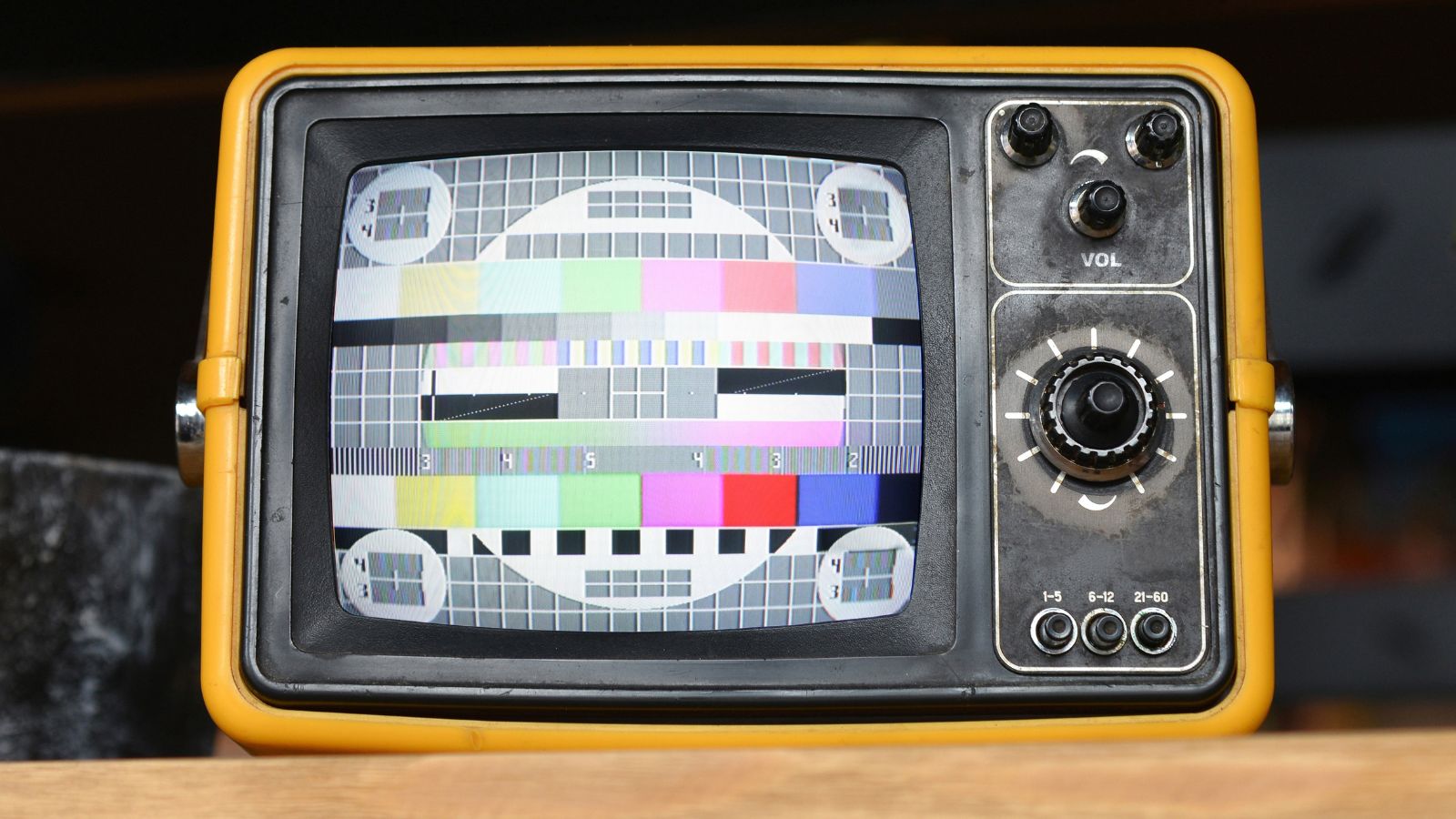
When TV stations shut down for the night, the familiar test card would appear—a strange image of a girl with a chalkboard and a clown doll, and it signalled the end of programming and reminded you that the day was over. There was something oddly comforting about its presence, even though it was completely mundane, and sometimes you’d fall asleep to the gentle hum of the accompanying tone or wake up to find it still there.
Learning to Use Encyclopedias

The process was slow with encyclopaedias, but it was also immersive—you’d often stumble across other fascinating facts along the way. Before the internet put knowledge at our fingertips, encyclopaedias were the go-to source for information, and these hefty volumes were often displayed proudly on bookshelves.
Writing Everything Down in a Diary

People also used to rely on diaries to organise their lives, as a diary was a personal space for thoughts, reminders, and plans. Some people might have a sleek leather-bound notebook or a colourful one filled with stickers, and your diary was an extension of yourself, which meant losing it could feel like losing a part of your brain.
Renting Videos from the Local Shop
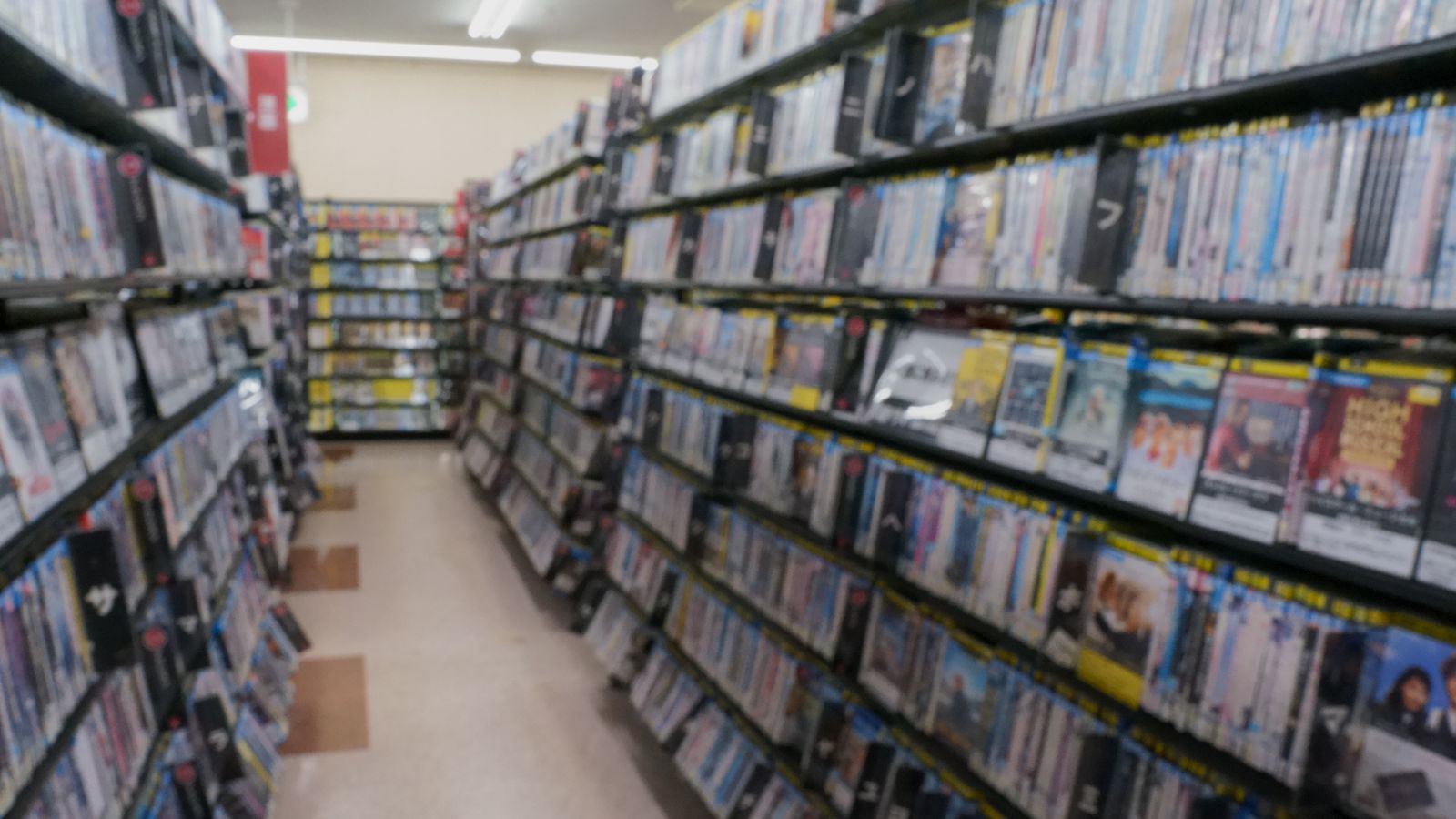
Places like Blockbuster or smaller, family-run shops were treasure troves of entertainment where you’d browse the shelves and read the back of VHS covers, debating with friends or family over what to watch.
If you were lucky, the movie you wanted wasn’t already rented out—not to mention the nervous responsibility of rewinding the tape before returning it.
Sunday Roasts at Gran’s House

Sundays meant family time, and nothing embodied that more than a roast dinner at Gran’s with the smell of roasting meat wafting through the house, and the sight of crispy roast potatoes on the table. Gran always seemed to have just the right touch—her gravy was always perfect, and her Yorkshire puddings never failed to rise.

